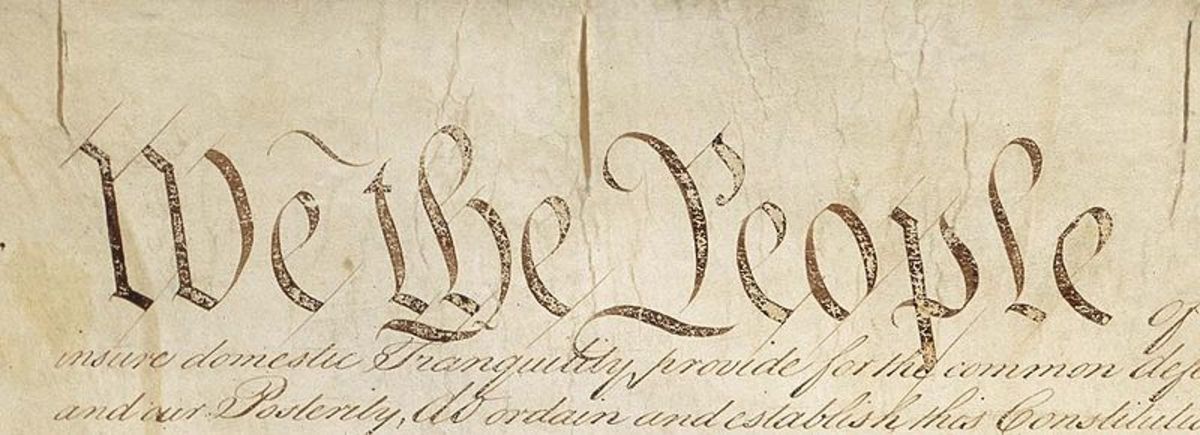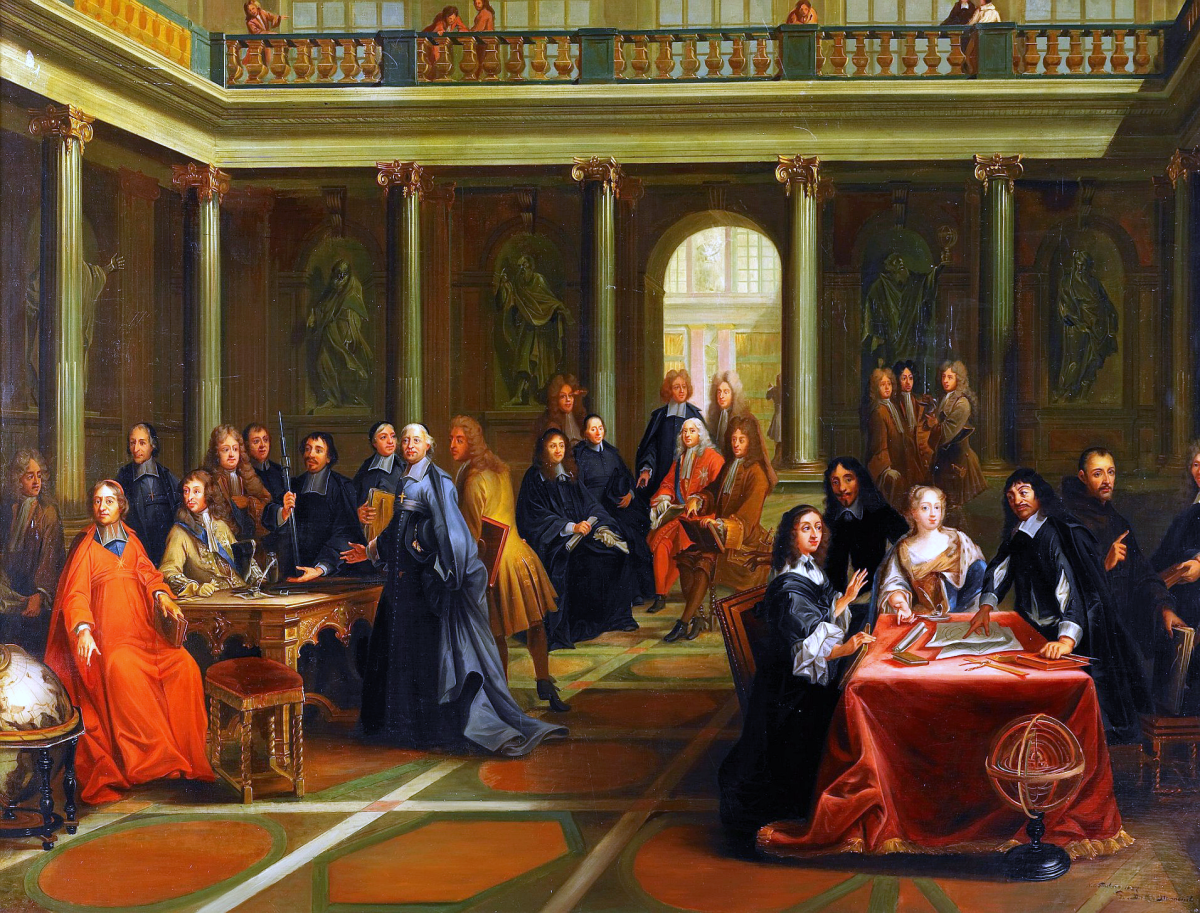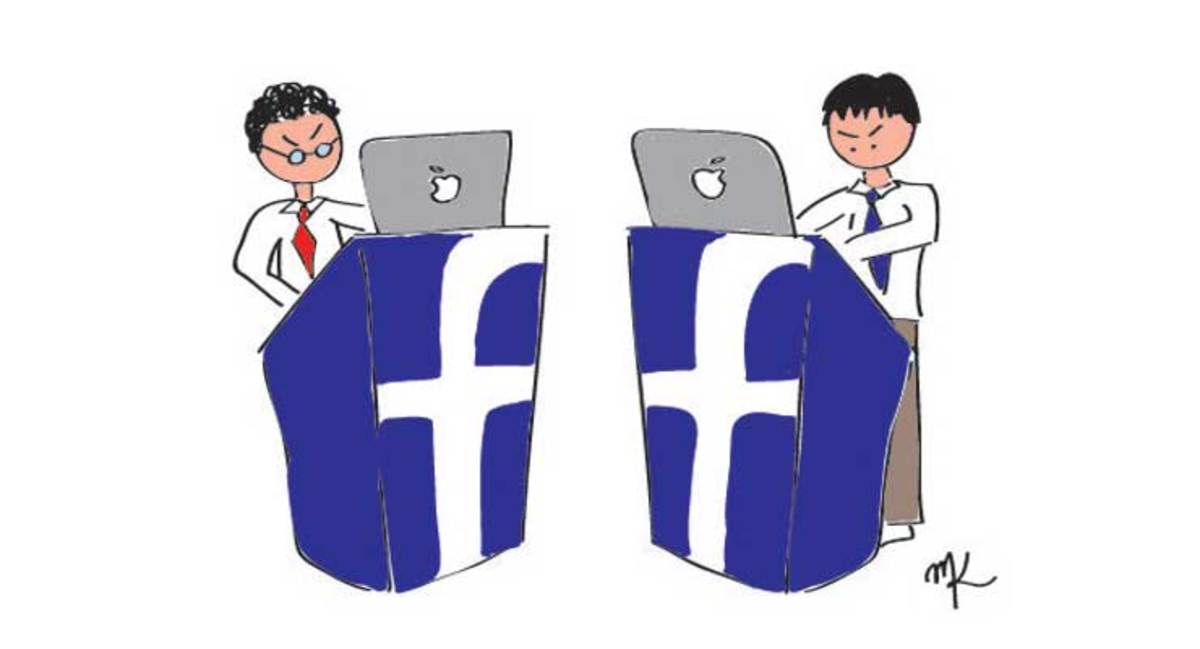Repeal the 17th Amendment

The 17th amendment, for those that do not recall, took the occupation of electing U.S. Senators away from the State legislatures and gave it to the people of each State. At first glance this does not appear all that bad; the 17th amendment simply appears to be a more democratic way of electing our representatives. The truth, however, is that the 17th amendment has greatly destroyed the checks that existed to prevent the centralization of power in the national government, and has contributed to the destruction of the rule of law (i.e. the constitution) and corruption of our State representatives in Washington.
The election of the U.S. Senators by the State legislatures played a significant role in the check and balance system put in place by the founders. The central purpose of having each U.S. Senator elected by their State’s legislatures was to be a strong institutionalized barrier to the unconstitutional erosion of State power by the central government. The second purpose was to force legislation to pass two separate power sources: the people’s representatives in the House and the States agents in the Senate; thus making usurpation, by those who would mean to deceive the people, more challenging.
Each Senator had to answer to their State legislature, keeping them well in check from corrupting influences. The Senators, or “state legislatures agents,” were beholden to no lobbyist, not the media, special interests groups or even Party, they were only beholden to the interest of their State; that interest being the prevention of the delegation of State powers to the central government. In fact, as Professor Zywicki of George Mason Law School explained “Senators who failed to heed [their State legislatures’] instructions were usually forced to resign, even if their terms were not complete.”
This form of checks and balances gave the States a direct say (and veto power) in the plans of the central government, since the Senate, as they still do today, had to approve of all legislation, judicial appointments, executive appointments, in addition to playing an important role in treaty making and military affairs. This meant the sovereignty of the States would remain secure and the balance of power intact between the States and central government.
With the passing of the 17th amendment in 1913, the checks and balances that had been put in place eroded, the States have lost their agent representing them in Congress, and more power is now centralized in Washington than could ever have been imagined by our founding fathers even under the reign of King George III.
The repeal of the 17th amendment would greatly reduce the influence of lobbyists, and would check the unconstitutional explosion of centralized power, thus securing the rule of law that existed once upon a time. For these reasons and more we must repeal this regrettable amendment.








